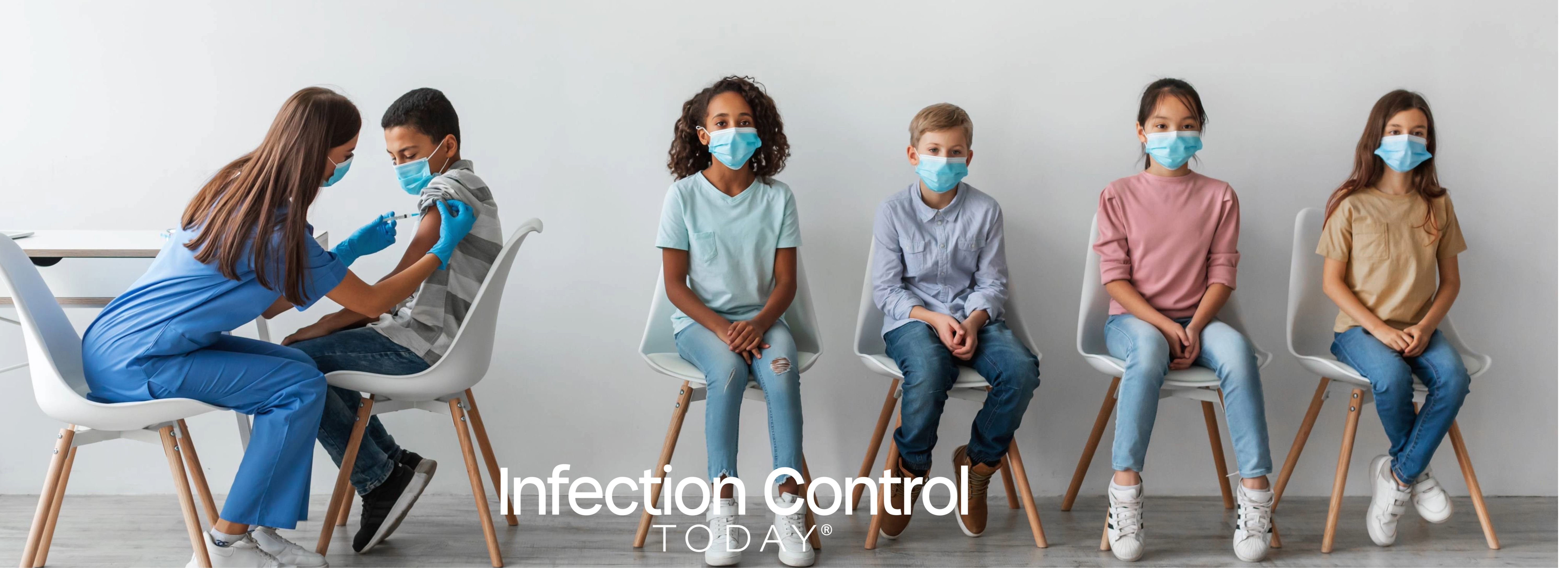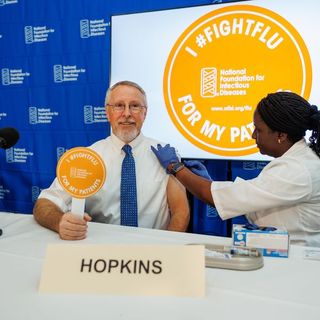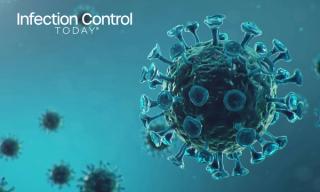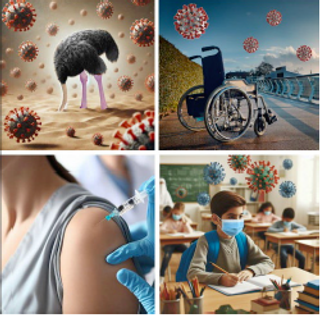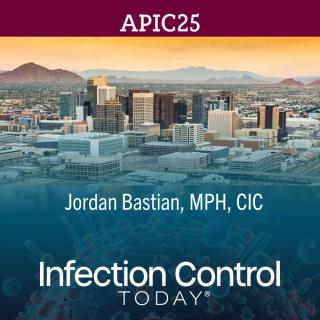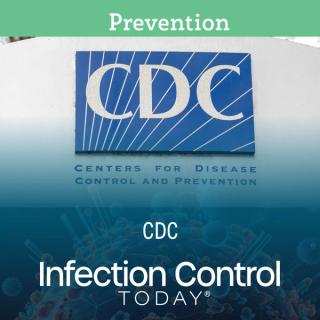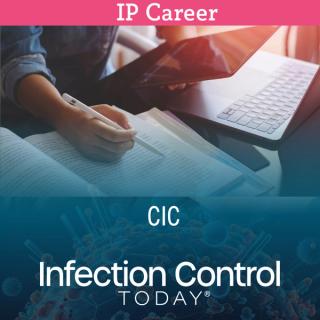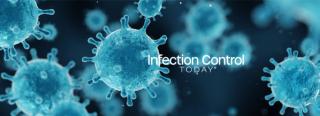
COVID-19
Latest News

Latest Videos

More News

Following holiday travel and gatherings, pediatric flu cases are rising rapidly across the US, with CDC data showing elevated flu activity and increased doctor visits. Experts urge parents and schools to monitor for sudden-onset symptoms, follow strict stay-home guidance, and reinforce household containment, vaccination, and respiratory hygiene to reduce spread as children return to classrooms.
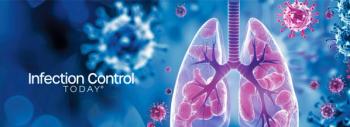
Nearly 570 million people worldwide were living with a chronic respiratory disease in 2023, according to a new Global Burden of Disease analysis. While mortality has declined globally since 1990, deaths are rising in high-income North America, driven by interstitial lung disease and pulmonary sarcoidosis, with older adults facing the greatest risk.
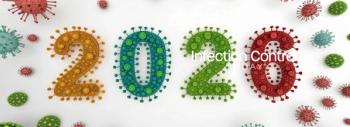
As 2026 begins, Infection Control Today®'s Editorial Advisory Board reflects on a challenging year shaped by misinformation, policy uncertainty, and relentless change, reaffirming a commitment to science, truth, and supporting IPC professionals who keep showing up for patients and public health.

Look back with ICT at their print issues and look ahead at what ICT's 30th year will hold!

Observed on December 27, the International Day of Epidemic Preparedness highlights the need for continuous investment in prevention, detection, and response to protect lives and strengthen health systems against ongoing and emerging threats.

Long-term wastewater surveillance revealed hidden SARS-CoV-2 transmission, detected variants early, and supported new EU public health mandates, demonstrating wastewater-based epidemiology as a critical early-warning tool for infection prevention, environmental hygiene, and outbreak preparedness.

Stethoscope hygiene, UV technology, and dwell time failures took center stage in this second installment of a panel of experts explored why routine disinfection still lags and what must change in clinical practice.
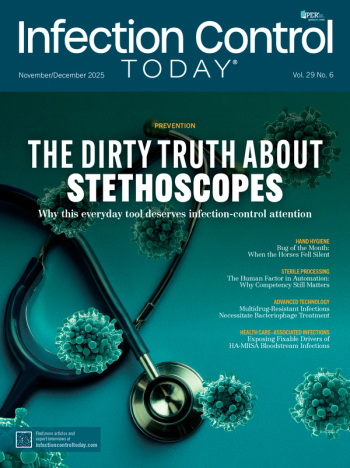
The November/December 2025 issue of Infection Control Today® dives into overlooked risks, breakthrough technologies, and the people driving innovation across IPC, EVS, and sterile processing. From bacteriophage therapy to burnout prevention, automation to UV regulation—it’s a powerful close to the year. Read the issue now: https://www.infectioncontroltoday.com/journals/infection-control-today #InfectionPrevention #Healthcare #InfectionControl #EVS #IPC #PatientSafety #ICT

Just months after many dismissed H5N1 as a past concern, the “bird flu” has returned with force—killing millions of birds, infecting mammals from cows to cats, and raising alarms among scientists who warn the virus is edging closer to human adaptation.
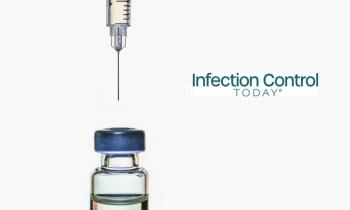
Open Vaccine Track, find your metro, and pick one move this quarter—close an access gap, copy a local success, or launch targeted outreach. Small, data-driven steps in the right ZIP codes can shift adult vaccination faster than statewide averages ever will.
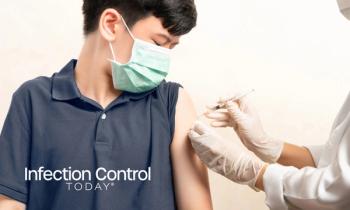
Fear of vaccine-related myocarditis is narrowing guidance, but the evidence is clear: COVID-19 infection triggers more myocarditis than vaccination, early doses cut pediatric long COVID, and myocarditis appeared in 2020—before vaccines existed. This piece restores the full risk–benefit picture.
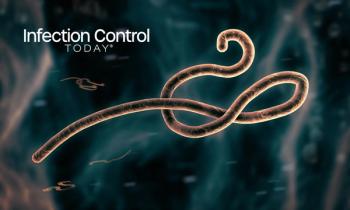
A deadly Ebola outbreak has resurfaced in the Democratic Republic of the Congo, and while US risk remains low, the CDC and the WHO are urging the public and health care workers to stay on high alert.
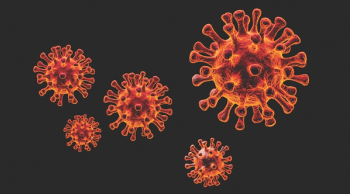
"Although the virus itself remains a threat, misinformation about COVID-19 has become a parallel epidemic, one that undermines public health efforts and endangers lives."
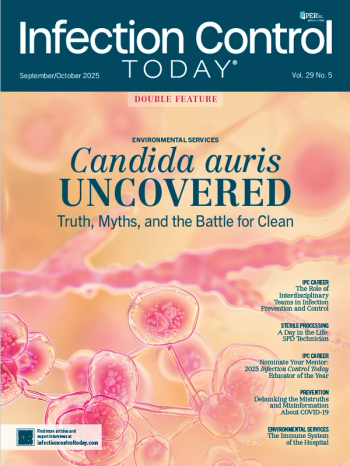
Check out the latest print edition of Infection Control Today: September/October 2025.

Infection prevention cannot succeed in silos. From acute care hospitals to long-term care facilities, interdisciplinary teams bring diverse expertise together, transforming safety from an individual responsibility into a shared culture. It’s time for leaders to champion collaboration, empower every role, and embed IPC into daily care delivery.

In a historic Senate hearing, HHS Secretary Robert F. Kennedy Jr. faced bipartisan fury over vaccine misinformation, as public health leaders demanded his resignation to protect science and safety.
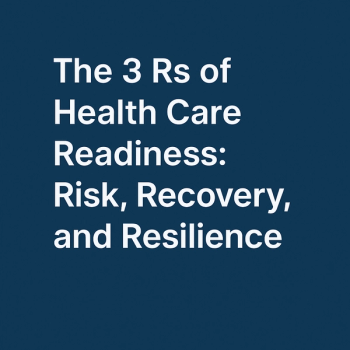
Hospital readiness is no longer just about staff and equipment—it’s about infrastructure. From flooding to infection risks, restoration now plays a vital role in protecting patients and ensuring uninterrupted care.

Here are the formal rules for the 2024 Winner of the Infection Control Today’s Educator of the Year Award™.

Public health is under attack. The CDC shooting underscores how misinformation fuels mistrust and danger. In this climate, evidence-based protections like masking aren’t optional—they’re essential. Layered strategies remain our best defense against deadly pathogens.
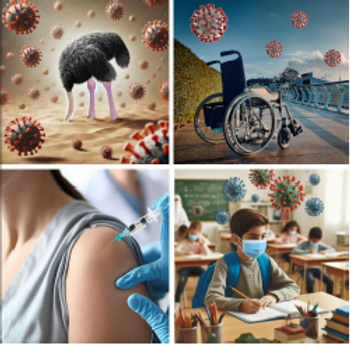
Join global leaders in infection prevention, pandemic response, and public health strategy at the Health Watch USA 20th Annual Conference. This is your chance to gain actionable insights on emerging pathogens, vaccine misinformation, and antibiotic resistance, while earning CE credits at no cost. Don’t wait; Be part of the solution.
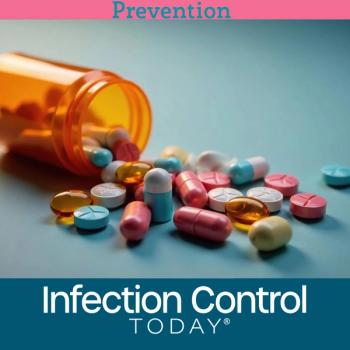
Infection prevention starts long before exposure; it begins with what we put into our bodies. This article series explores how key vitamins and nutrients like D, C, zinc, and more can strengthen immune defenses, reduce respiratory illness severity, and empower infection preventionists with evidence-based strategies to support overall health from the inside out.
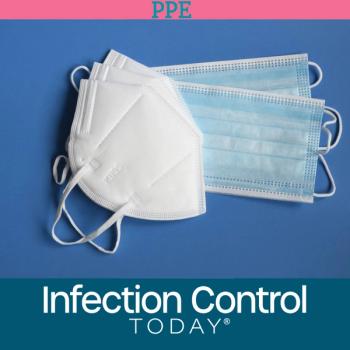
Once a symbol of crisis, face masks have evolved into everyday essentials—driven not only by pandemic preparedness but by rising air pollution, cultural shifts, and workplace safety regulations. As innovation and demand grow worldwide, the protective face mask market is poised for long-term expansion well beyond COVID-19.

As climate change accelerates, health care’s environmental impact faces increased scrutiny, with sterile processing departments (SPDs) emerging as key change agents. Often behind the scenes, SPD professionals can lead sustainability by turning routine practices into ecofriendly protocols that protect both patient and planetary health.
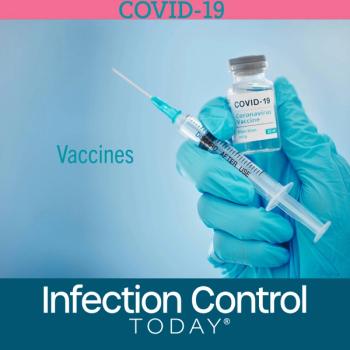
As the FDA limits COVID-19 vaccine approvals to high-risk groups, healthy adults and pregnant individuals are being left behind. Learn how these changes could impact insurance coverage, long COVID prevention, and public health strategies.
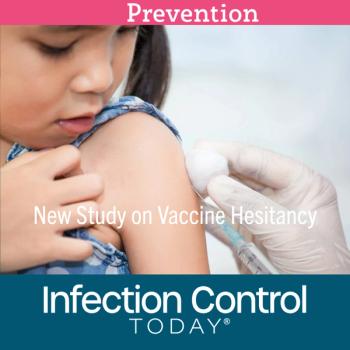
New national survey data reveal high uncertainty among pregnant individuals—especially first-time parents—about vaccinating their future children, underscoring the value of proactive engagement to strengthen infection prevention.


